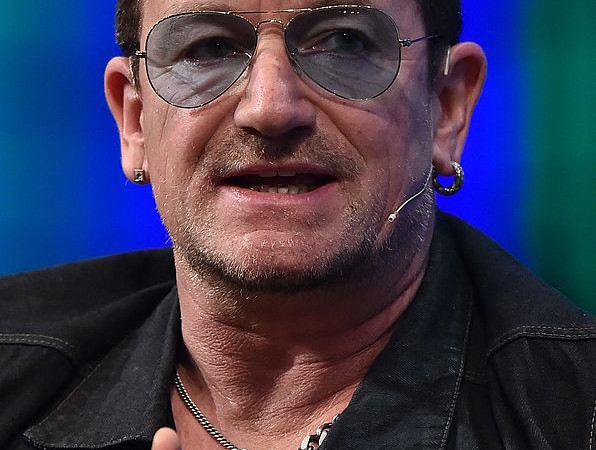DNA friend Marvin Olasky, editor in chief of WORLD and the author of more than 20 books, recently published “Social Calvinism: How the Reformer challenged conventional wisdom in government and economics” at WORLD’s Saturday Series page. We found his post about John Calvin so engaging and important we want to
Tag: Economics
By Web Summit, CC BY 2.0 What do Bono and Milton Friedman have in common? As everybody knows, Bono is a celebrity rock star. Maybe not quite as many readers are aware that Friedman was an economist. Which one of them said, “There’s no such thing as a free
At the creation, God the divine Worker created man the human worker. The LORD God took the man and put him in the Garden of Eden to work it and take care of it, (Gen 2:15 NIV). The Disciple Nations Alliance has long taught the integration of Biblical faith and
In November Pope Francis published Evangelii Gaudium (The Joy of the Gospel). He characterized the paper as not a comprehensive document, but rather a simple sharing of his pastoral heart for the mission of the Church. In the midst of this exhortation he speaks of poverty and economic oppression of
Bono, the rock star who rose to prominence almost 30 years ago, is singing a new song … about capitalism! A famine in the Horn of Africa killed 400,000 in Ethiopia in 1983-84. In response, two musician activists–Bob Geldof and Midge Ure–organized what became one of the largest television broadcasts
Two of the key characteristics of social justice are community and culture. Social justice and community As we saw earlier Roman Catholic scholars, Aquinas, Taparali, and Pope Leo IIIX understood that a woman or man does not stand alone; every person is part of a larger community. Because God is
In our previous post we discussed the heat in discussions of social justice. Today we want to answer the question, Where does the heat come from? In a word, the heat comes from different sacred belief systems. One’s paradigm of choice between an open system or a closed system will
All people of good will, who have a heart of the poor and vulnerable, who are appalled by the corruption and injustice they see, who are aghast at the slaughtering of females on the scale of a holocaust, who grieve to watch sex-slavery replace black slavery … all such people
Where do we find the resources for the development of communities and nations? Our answer will reveal which economic model we embrace. The Atheistic-Materialistic model assumes that human beings are fundamentally animals who consume resources. Resources, in this model, are material things that lie in the ground and thus, by definition,
Oikonomia vs. Chrematistics In direct opposition to what those possessing a GCU (Great Commission Utilitarianism) mindset state, God’s ends reveals that human beings are placed on earth for economic purposes: to be the catalysts to allow families, communities and nations to reach their fruition. We see this unfold in the







